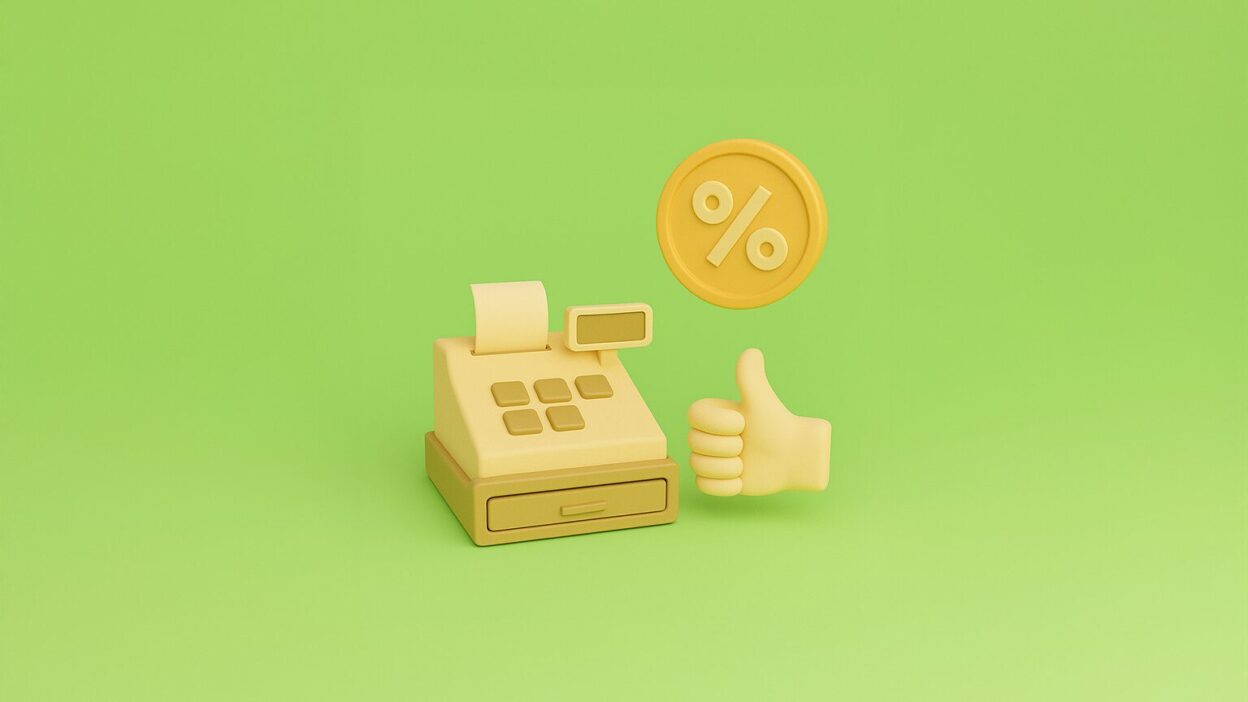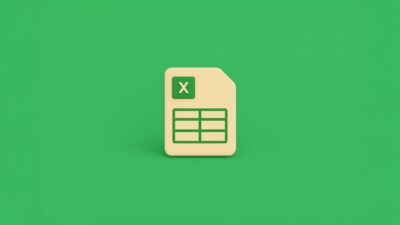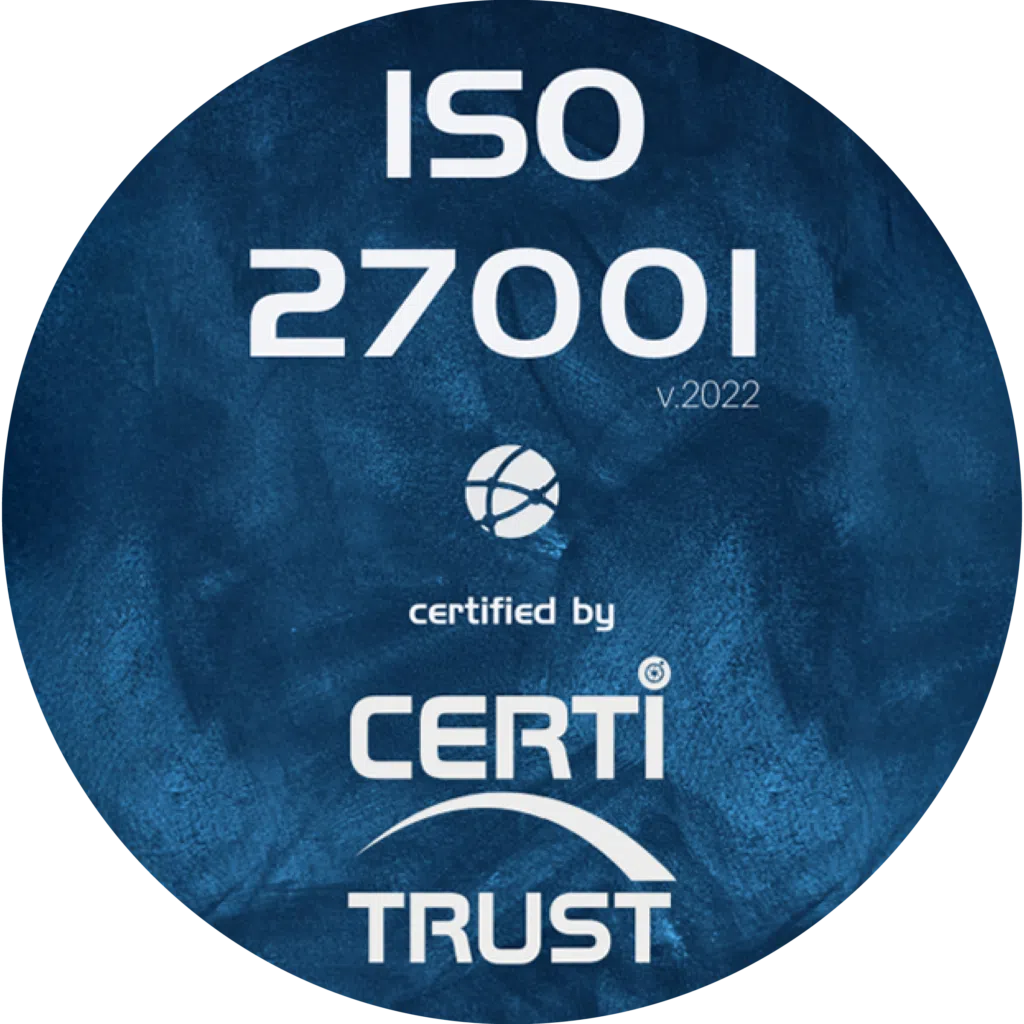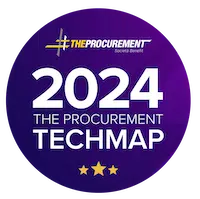At the end of the year, maximising profits and minimising costs remains a constant objective for all businesses. One effective way of doing this is to negotiate end-of-year discounts with your partners.
These are granted on the basis of the volume of purchases made during a given period. Suppliers, distributors, franchisees and central purchasing bodies all use them to improve their sales and costs!
But beware: end-of-year discounts are subject to strict conditions designed to ensure fairness and transparency in commercial practices between companies and suppliers. They must be the result of genuine negotiations and offer tangible consideration for both parties. Failure to comply with these requirements can expose you to severe penalties!
In this article, we will take a closer look at this practice and the points to bear in mind when negotiating your end-of-year discounts.
Making better purchases thanks to end-of-year discounts
By successfully negotiating end-of-year discounts with suppliers or partners, your company can take advantage of the savings linked to EFRs to increase its profits.
For example, if you buy a product in large quantities, you may be able toobtain a significantly reduced price, known as a “wholesale price”, enabling you to achieve higher margins.
In addition to the undeniable advantage ofincreasing your profitability, obtaining end-of-year discounts will also give you a competitive edge. When costs are lower, this can be passed on to your customers in the form of attractive promotions to celebrate the New Year.
How can I benefit from end-of-year discounts?
While end-of-year discounts undoubtedly help to improve your financial situation, it is important to respect the conditions laid down by the supplier so as not to break the contract. Disputes over this practice could also damage the relationship between your company and its suppliers.
Consequently, clear and transparent negotiation is necessary to establish a climate of mutual trust.
Negotiating with your suppliers
In some cases, suppliers may ask for something in return for granting end-of-year discounts. This may take the form of a commitment to achieve a certain volume of purchases or specific communication actions to promote their brand or products.
By being informed and prepared for these requests, you will be in a position to negotiate effectively in order to obtain better discounts.
Only for certain specific purchases
It is essential to recognise that EFRs are not suitable for regular purchases. In fact, their exclusive nature makes these discounts inapplicable in contexts where purchasing volumes are clear and constant.
You should therefore avoid demanding end-of-year discounts on purchasing categories where visibility is good. This could lead to long and fruitless negotiations, not to mention the risk of damaging your relationship.
In this context, immediate discounts seem to be a wiser strategy.
The importance of supplier contracts
To ensure that your company benefits from the end-of-year discounts granted, it’s a good idea toenshrine this agreement in your contracts. This way, all parties are aware of the agreed terms and conditions, minimising the risk of confusion or conflict later on.
It is also advisable to explicitly mention possible fines in the event of non-compliance with the conditions, in order to protect the interests of each party.
To make the most of discounts, it’s essential toadapt your commercial strategy accordingly. For example, planning your purchasing volumes in advance and regularly adjusting your orders will enable you to meet the conditions required to benefit from these discounts.
Supplier management software such as Weproc can help you put these best practices in place, as well as helping you to anticipate and manage inventory more effectively and avoid overstocking problems.
How do you justify these discounts in your accounts?
Once you’ve negotiated your end-of-year discounts, there’s a crucial stage: formally incorporating them into the contracts you draw up with your suppliers.
To guarantee the legality and clarity of this agreement, it is essential to specify exactly the period covered by the discounts, defining its beginning and end. It is also important to note that retroactive discounts are illegal and should be avoided.
To respond effectively to these regulations, it is advisable to base your decision on a meticulous analysis of historical consumption data, ideally over a three-year period. This approach makes it possible to establish reliable and realistic discount levels. It is also a good idea toinclude in the supplier contract the possibility of revising these conditions during the year, in order to adapt to unforeseen situations.
Furthermore, it is essential to resist the temptation of unconditional discounts or conditional advance rebates. EFRs should correspond to actual consumption and only be triggered once a certain consumption threshold has been reached.


End-of-year discounts: best practice
End-of-year discounts may be granted when the customer provides services to the supplier, such as promoting the supplier’s products in its sales areas or catalogues. However, these services must be justifiable, effective and proportional to the discount granted. The traceability of these services is crucial, as they may be subject to checks by the authorities.
Effective EFR management therefore requires careful exploitation of your company’s historical data and purchasing trends. Adopting a high-performance purchasing information system is therefore a major asset, saving you time and providing greater security for your forecasts.
Finally, it is crucial that the negotiation of year-end discounts is part of an overall corporate strategy.
These discounts, typically paid at the end of the period, may not be in line with the company’s financial objectives. Close collaboration between the purchasing, general management and finance departments is therefore essential. This will ensure that year-end discounts fit harmoniously into the company’s accounting and financial strategies, thereby promoting optimum management of resources.
Want to learn more about our Weproc procurement management software?
Contact us or request your 15-minute demo below!









